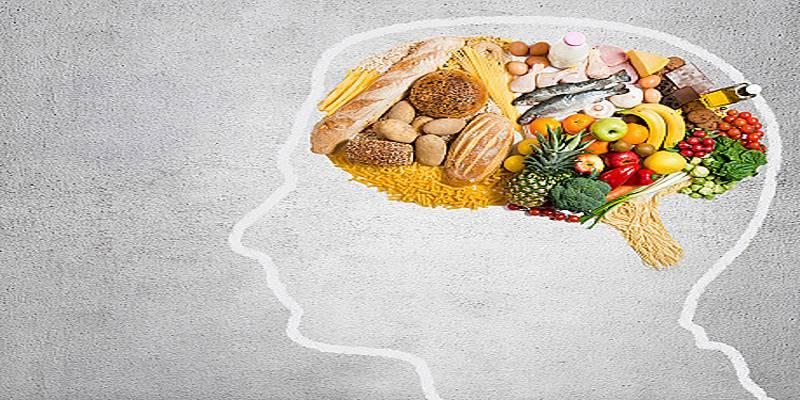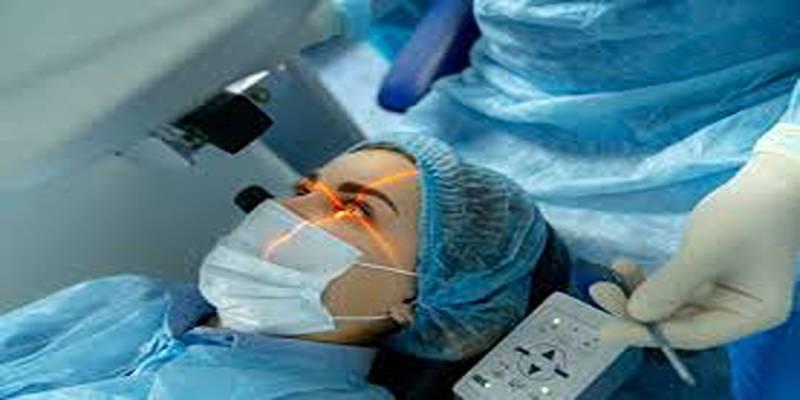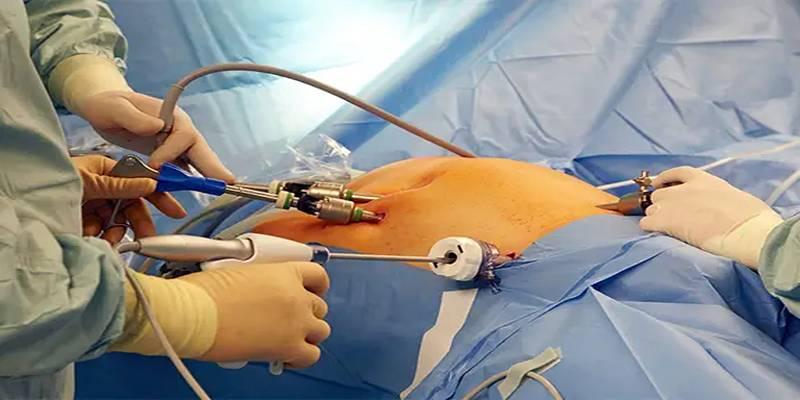Headaches are one of the most common health problems in the world. People of all ages and classes get them. Most headaches aren't life-threatening, but having them often can really hurt your quality of life, your ability to get things done, and your mental health. They can get in the way of daily life and, in the worst cases, become incapacitating.
Understanding the root cause of a headache is essential for effective treatment. Not all headaches are the same, and recognizing the differences between types can guide individuals toward better management and long-term relief. Knowing when to self-manage and when to seek professional help is key to preventing complications and improving outcomes.
Headaches can be broadly categorized into two main groups: primary headaches and secondary headaches. Each type has its triggers, patterns, and treatment approaches.
Another underlying medical condition does not cause primary headaches. They include:
Secondary headaches result from another underlying condition. These may include:
Distinguishing between these types is critical to ensuring the right treatment approach.

Headaches may be caused or worsened by a variety of physical, emotional, and environmental factors. Identifying personal triggers can help in preventing recurrent episodes. Common contributors include:
By tracking when headaches occur and what precedes them, individuals can begin to pinpoint their specific triggers and make lifestyle changes accordingly.
The treatment of headaches depends on the type, frequency, and underlying causes. A one-size-fits-all approach is rarely effective. Instead, care plans are often tailored to an individual’s symptoms and needs.
For mild to moderate headaches, some medications like acetaminophen or ibuprofen can offer relief. However, repeated use should be monitored, as overuse may lead to rebound headaches or gastrointestinal issues.
In cases of migraines or chronic headaches, physicians may use medications such as triptans, preventive beta-blockers, antidepressants, or anti-seizure medicines. These target the neurological mechanisms behind headache pain and can significantly reduce frequency and severity.
Complementary treatments can also support headache management. These include:
Adopting a holistic treatment plan that combines medical intervention with lifestyle changes often produces the best results.
Preventing headaches requires a proactive approach. While not all headaches can be avoided, many are influenced by modifiable daily habits. Useful preventive strategies include:
Lifestyle consistency often leads to noticeable reductions in headache episodes over time.

Occasional headaches are usually harmless, but certain signs require medical attention. Sudden, severe pain, frequent episodes that disrupt daily life, changes in headache patterns, or symptoms like confusion, weakness, or vision problems may indicate a more serious issue. Headaches after head or neck injuries also warrant evaluation. A neurologist can conduct diagnostic tests to rule out underlying conditions. Early intervention improves outcomes, reduces complications, and helps manage headaches more effectively.
Headaches may be a common part of life, but they should never be dismissed or endured without support. Understanding the type and cause of a headache is the first step toward finding effective relief. Whether managed with medication, lifestyle changes, or specialist care, the right approach can make all the difference.
By listening to the body, identifying triggers, and recognizing when professional help is needed, individuals can take control of their health and significantly reduce the impact headaches have on their daily lives. Relief is possible—and often closer than it seems—with the right combination of knowledge, care, and attention.

Discover how hostels make budget travel affordable, social, and unforgettable.

Discover smart and easy ways to explore your dream destinations on a budget.

Explore top travel destinations blending culture, nature, and sustainability.

Balanced nutrition supports brain health and mood. Discover how diet affects emotional well-being and mental resilience.

Laser eye surgery guide detailing types, risks, recovery process, candidacy factors, and costs for improved vision.

Discover 10 science-backed strategies to optimise health, enhance wellness, and maintain long-term vitality naturally.

A 40-year study reveals that weight loss surgery lowers early death risk, offering long-term health and survival benefits.

Busy parents can enjoy the holidays with quick, healthy meals that save time, reduce stress, and support family wellness.

Learn the types, causes, and treatments for headaches, and discover when it’s time to consult a healthcare professional.

Is it safe to travel to Sicily after Mount Etna’s eruption? Here’s the latest safety advice, alerts, and travel tips for visitors

Bangkok, Lima, Lyon, Wellington, Osaka, and Lucknow are the top food capitals of the world that serve you the best local flavors

Get updated travel safety tips and real-time alerts for Bali tourists following the recent volcano eruption and ash disruptions